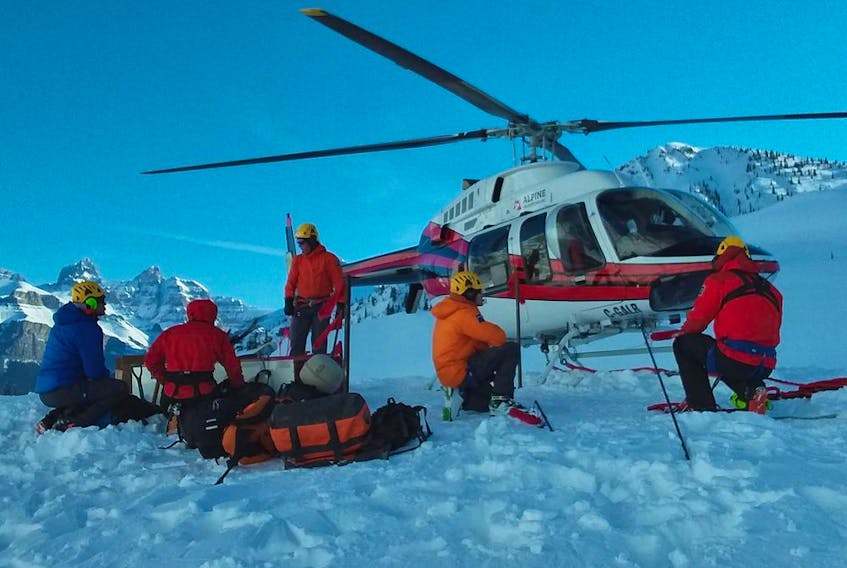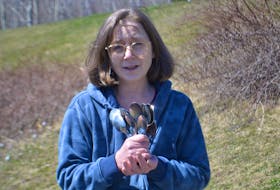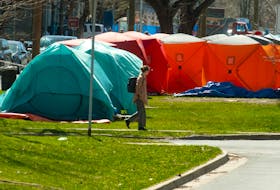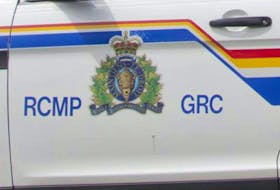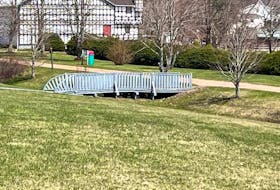Three professional climbers killed in Banff National Park last week weren’t wearing avalanche beacons during their decent of a remote peak off the Icefields Parkway when the mountain came crashing down.
The bodies of American Jess Roskelley and Austrians David Lama and Hansjorg Auer were found on Sunday after disappearing while attempting to climb the east face of Howse Peak on Tuesday, April 16.
Parks Canada said the trio, who were part of the North Face Global Athlete Team, started their climb up the east face of the peak on Tuesday morning, summiting Howes Peak later in the day.
Brian Webster, visitor safety manager with Parks Canada, said it appears the climbers were swept off the mountain while repelling down the face of ice and rock.
The group failed to check in on Wednesday, kicking off a complex, days-long aerial search involving 28 staff, one helicopter and a specially trained avalanche search dog, Webster said.
“The climbers were not wearing avalanche transceivers, so when we got into the site to make the search we weren’t able to hone in on them directly and we had to utilize random probing and the search dog,” Webster said.
While all three men were professional climbers, Webster said “there’s no amount of skill” that would have saved the men’s lives once the avalanche started. He called the mission a “recovery” and “not a rescue.”
Likewise, avalanche incident commander Shelley Humphries said carrying beacons wouldn’t have led to a rescue for Roskelley, Lama and Auer, but “would have expedited the search and the recovery.”
Humphries said “Parks Canada strongly recommends that all people out recreating in avalanche terrain … wear avalanche transceivers and carry avalanche self-rescue gear.”

During the search, Webster said spring avalanche conditions worsened, limiting search crews’ ability to search from the ground without triggering another slide. Rescuers were attached to long lines from the search helicopter in case they needed to make a quick exit.
A second fatal avalanche on Saturday diverted resources from the search which was finally concluded on Sunday when the bodies of the climbers were located by the avalanche search dog.
“They were not (recovered) in technical terrain, but what made the recovery challenging was the weather, the flying conditions and the avalanche conditions,” Webster said.
Parks Canada said there have been six avalanche-related fatalities in four separate incidents in Banff and Yoho National Parks this winter.
On Twitter: @RCRumbolt
Copyright Postmedia Network Inc., 2019

